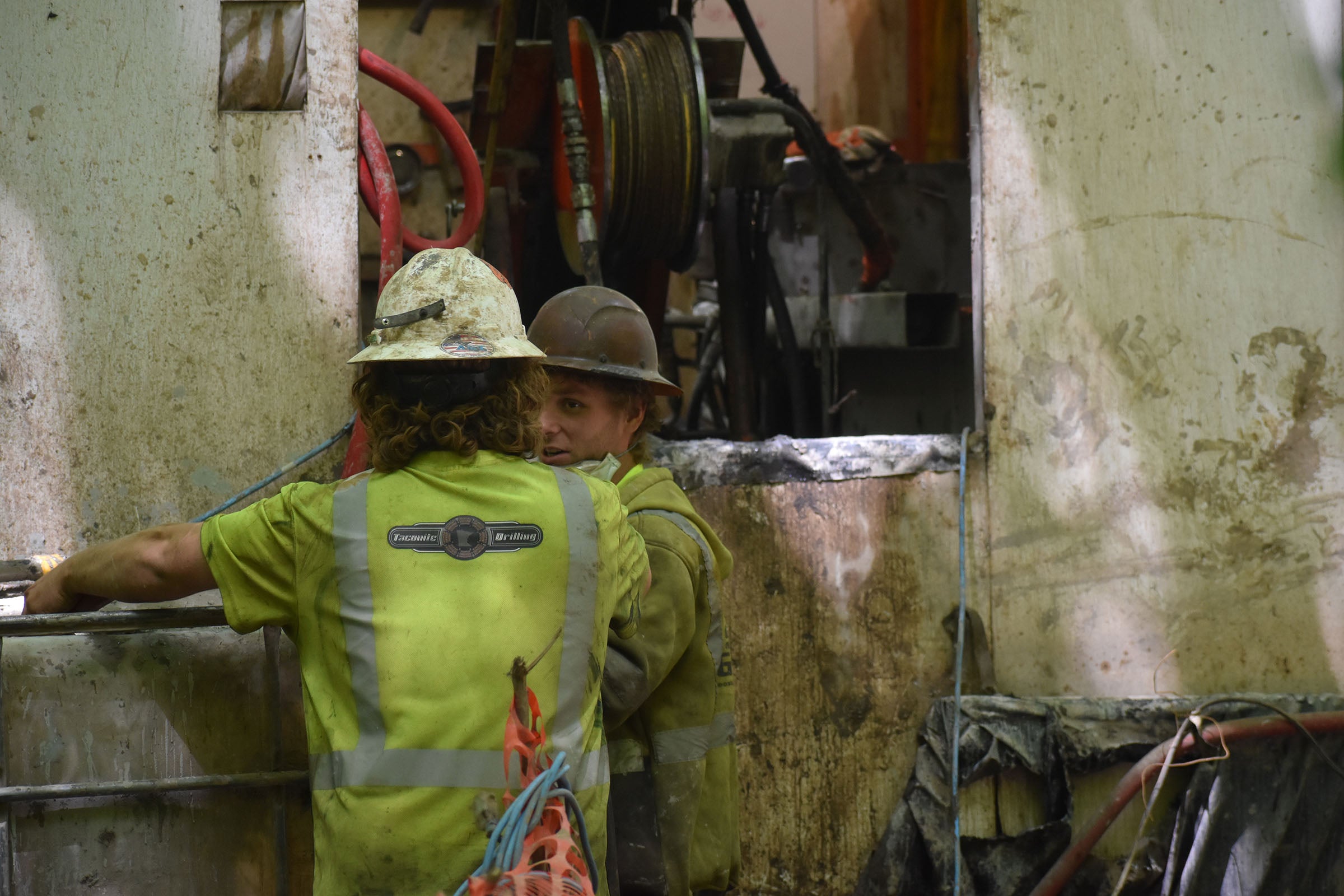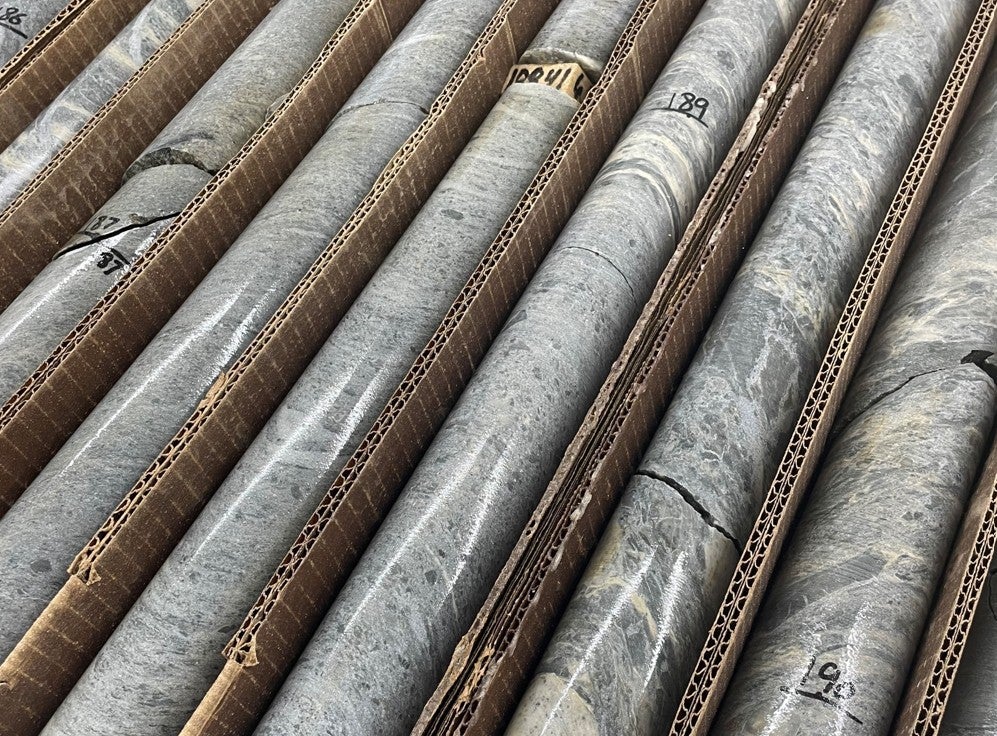The Department of Natural Resources is concerned that improper exploratory drilling for frac sand could contaminate groundwater.
Before landowners and frac sand companies decide to mine numerous bore holes are drilled to pinpoint the deposit.The holes are usually two-to-four inches in diameter and contractors keep drilling until they find what they’re looking for.But whether the hole is properly sealed with concrete afterward can have a big impact on groundwater in the area.Tom Woletz is a Senior Manager with the DNR.He says they’ve found two cases where contractors left many test holes unfilled.
“They are a direct conduit into the groundwater where if something was on the surface going on or there was a spill or there was over application of fertilizer or manure, the whatever would drain right into the groundwater so we consider these really serious,” he says.
News with a little more humanity
WPR’s “Wisconsin Today” newsletter keeps you connected to the state you love without feeling overwhelmed. No paywall. No agenda. No corporate filter.
Woletz says though frac sand companies want the test results, these offenses were committed by contractors and real estate speculators.He says the DNR tracked down the one contractor but no penalties were assessed.The other has not been found.
“We went through the enforcement process and the remedy was simply to get those guys to go back and do what they should have done to begin with and they never did get fined,” he says.
But Woletz says cases can be referred to the attorney general for prosecution if remediation isn’t an option.And, he says current state law says landowners can be charged too.
“We’ve been going after the people that have been drilling it but from a legal standpoint we could have gone after the landowners also.”
The main point, says Woletz, is that landowners need to demand that prospectors and contractors properly fill in test bore holes when callers come looking for frac sand.
Wisconsin Public Radio, © Copyright 2025, Board of Regents of the University of Wisconsin System and Wisconsin Educational Communications Board.





